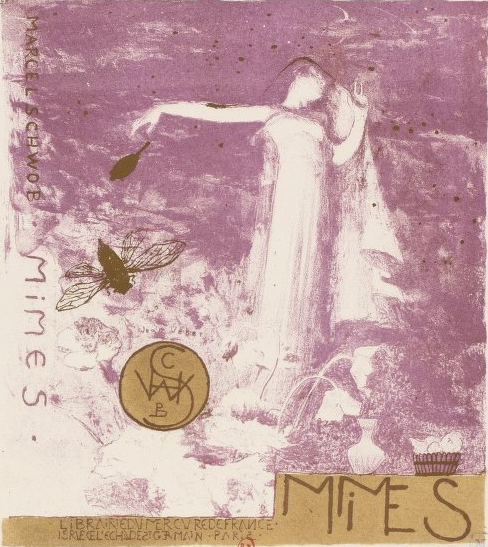Efpei I’m in Love by Nala Arung
The cover of Efpei I’m in Love, a poetry collection by Indonesian writer Nala Arung, announces that it is “a book of tasteless poetry.” And it is apparent from the outset that its tastelessness operates on multiple levels.
Its title is deliberately lowbrow—a take on the title of the wildly popular teenage chick-lit novel, Eiffel … I’m in Love, published in 2001 and adapted for film as a romantic comedy of the same name two years later.
The Efpei that has displaced the original Eiffel refers to the FPI, or Islamic Defenders’ Front. A hard-line Islamic vigilante organization, FPI has gained national notoriety for using violence to enforce their interpretation of Islamic law. Its members often patrol areas for signs of un-Islamic activity, destroying property and beating up offenders. The organization has also attacked religious minorities, including Buddhists, Christians, and Ahmadi Muslims, whom they consider a heretical sect. FPI is certainly no laughing matter and hardly the stuff love poems are made of—or so it would seem until one reads the titular poem “FPI, I’m in Love.” READ MORE…












